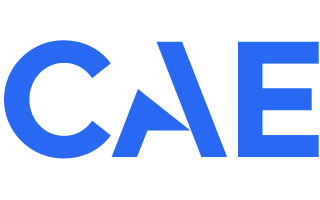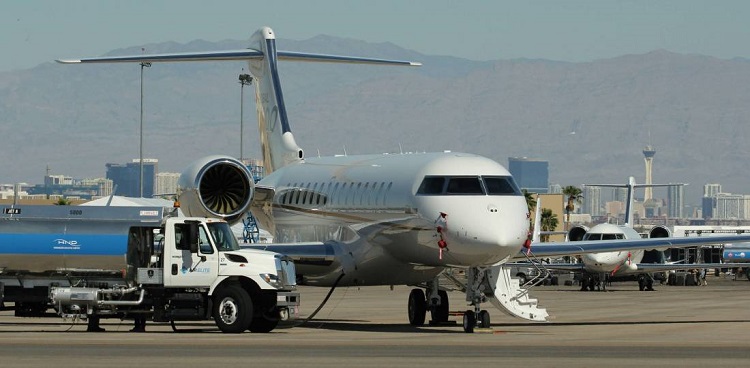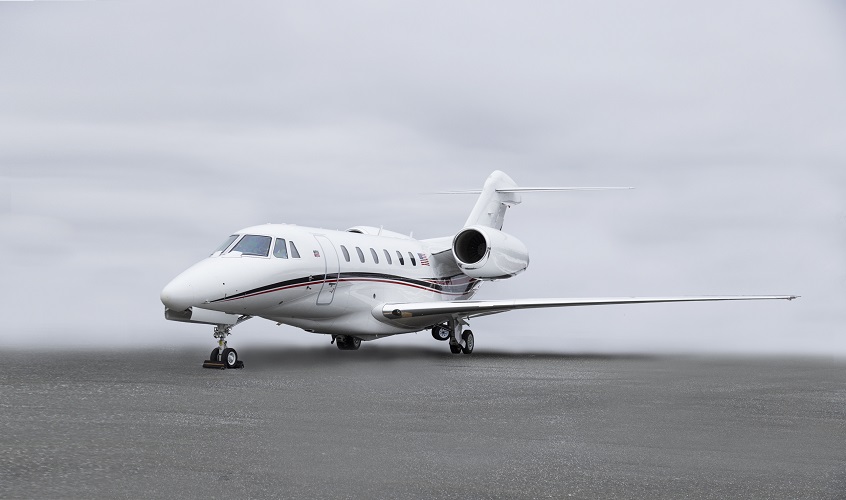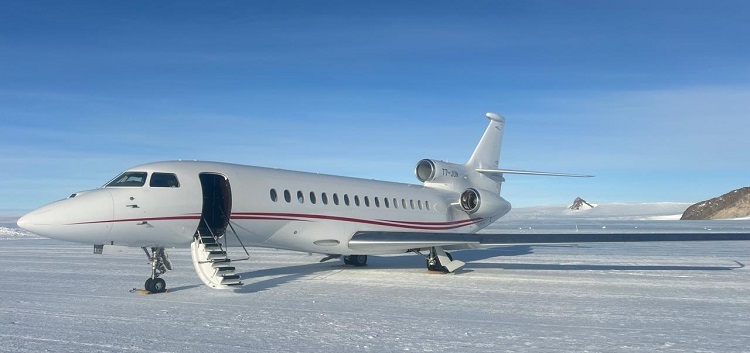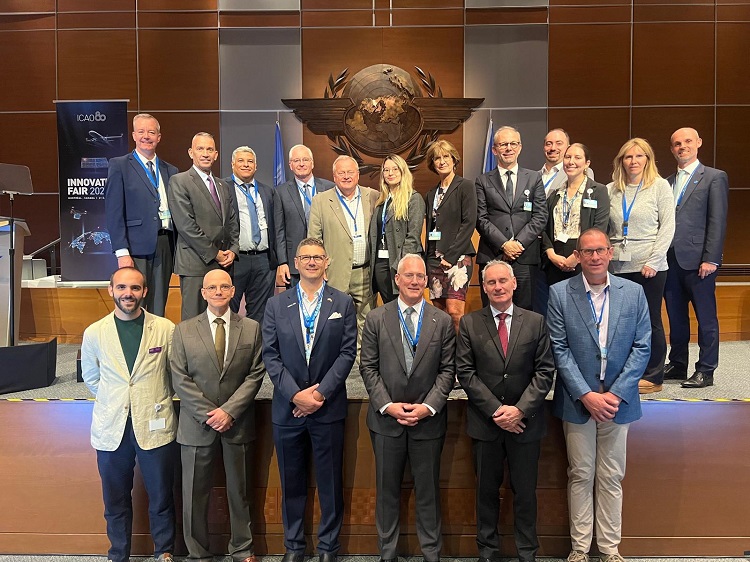Business aviation’s success in meeting its new goal of net-zero carbon emissions by 2050 will hinge heavily on the widespread adoption of sustainable aviation fuel (SAF) and the development of improved aircraft technology, according to Thomas Fissellier, Bombardier Business Aircraft’s head of strategy and analytics.
Speaking November 17 in a webinar hosted by GAMA and IBAC on the updates to the Business Aviation Commitment on Climate Change (BACCC) announced in October at NBAA-BACE, Fissellier noted that the industry has made good progress on its three goals announced in 2009. With the exception of outlier 2020, the industry has been on a par with forecasted CO2 emissions since 2015, and it has improved its fuel efficiency by 2 percent each year between 2010 and 2020. It is also on a trajectory to achieve carbon-neutral growth from 2020 and to accomplish a 50 percent reduction in CO2 emissions by 2050 relative to 2005.
“The bottom line is that we are now on track to reach about four million tonnes of CO2 emissions by 2050 as an industry, which would represent about a 70 to 75 percent reduction compared to 2005,” said Fissellier, who has shepherded the BACCC research since 2015.
He explained how scenario-based models shape the calculations with averages taken between conservative estimates and optimistic estimates on SAF production and acceptance to determine the overall impact on future CO2 emissions. Based on an industry consensus, estimates call for neat SAF to comprise between 66 and 81 percent of total jet fuel consumption by 2050. Variables include when the removal of the current 50 percent blend cap on SAF—in place due to having to ensure its absolute compatibility with legacy aircraft fuel systems—would be removed. While aromatic compounds could be added to SAF to replace those present in conventional fossil-based jet fuel, that extra process could add to the price of SAF.
“The issue is ultimately as well one of cost,” explained IBAC director general Kurt Edwards. “The whole point behind SAF…is we want also to get it to a price that is comparable to that of traditional jet-A, so all of this is kind of coming together through these technical tests and seeing what is economically viable.”
On the technology side, an unprecedented collaboration among OEMs helped to establish a spreadsheet to evaluate various improvements in aerodynamics, engines, and weight reduction as to their potential emissions reductions and their expected entries into service. "Given the amount of competition that our industry is used to, this was a great example of us being able to put this aside and really focus on what matters for our overall industry," said Fissellier.
The effects of electric, hybrid-electric, and even hydrogen-powered aircraft are also taken into account in the models, as is anticipated fleet replacement as older aircraft are retired from service and supplanted with newer, more fuel-efficient models. The latest restated goals include the continuation of the 2 percent annual fleet fuel efficiency improvement through 2030.
“We hope to accelerate beyond this commitment of 2 percent per year for fuel-efficiency improvement...in the decade that follows with a lot of these technologies as they become more ingrained,” said GAMA president and CEO Pete Bunce.
Fissellier believes that those two major pillars, combined with infrastructure and operational improvements and market-based measures such as carbon offset purchases, will allow the industry to achieve its new aspirations by 2050.
Industry support for the BACCC has been growing steadily since its 2009 introduction. “The awareness of moving towards greater ambition with regard to decarbonization is much more front and center,” Edwards said.
Source: https://www.ainonline.com/aviation






